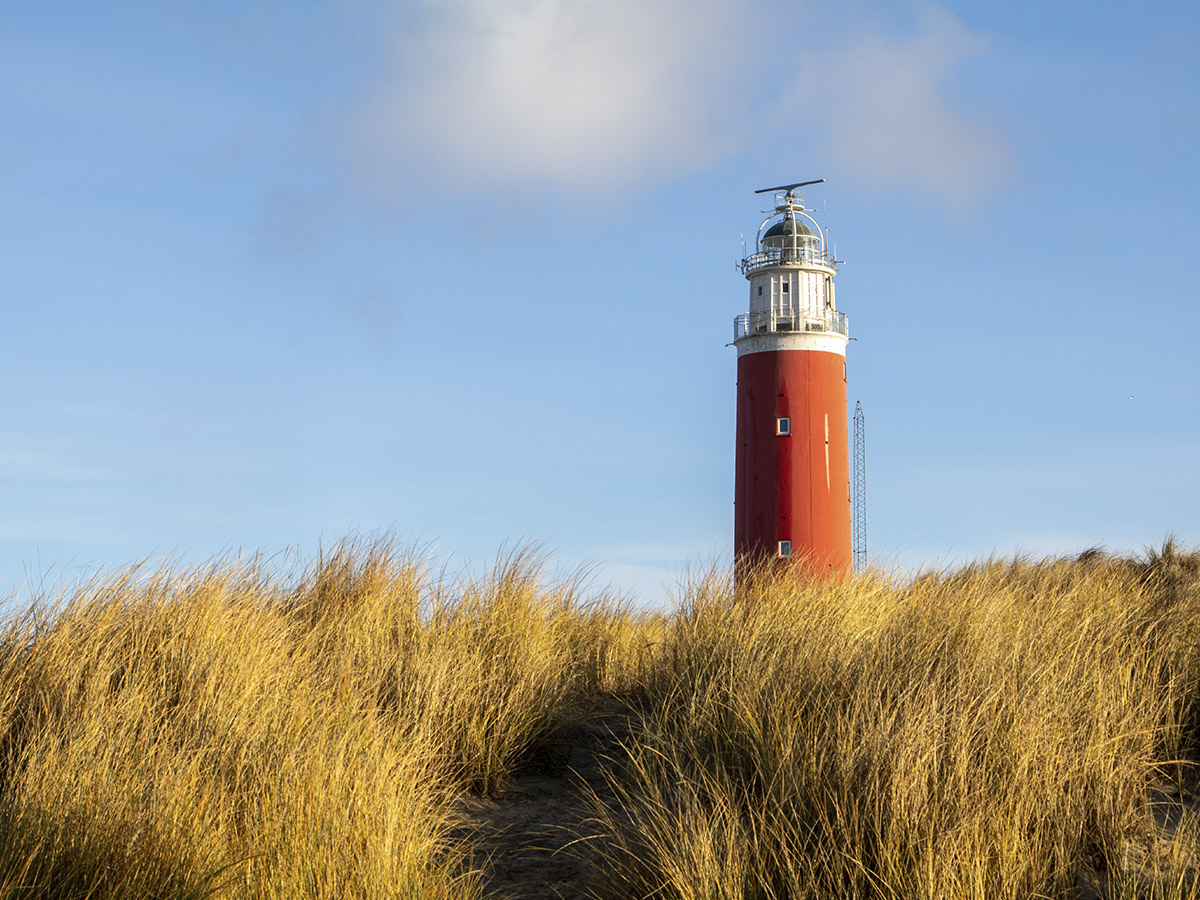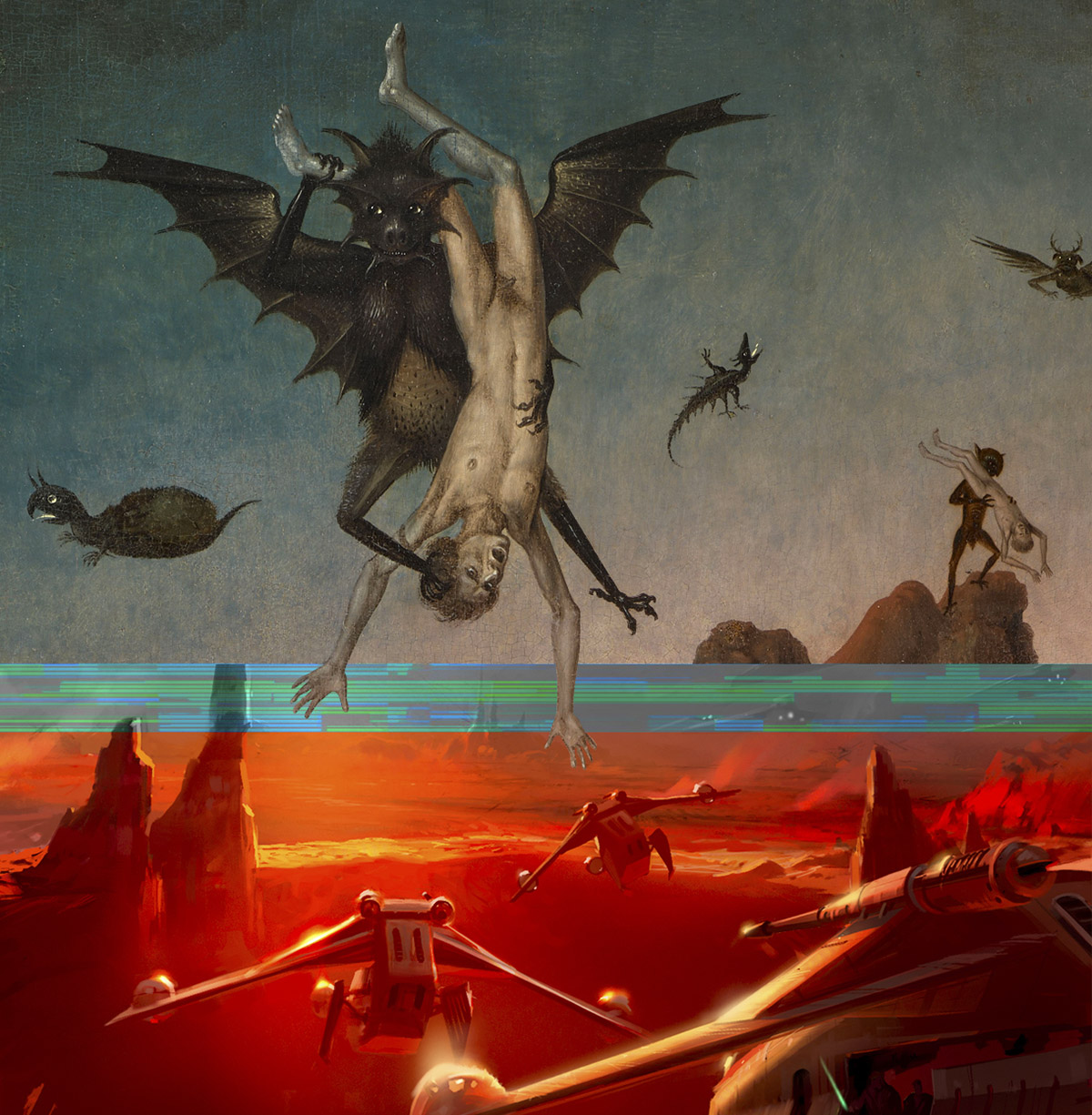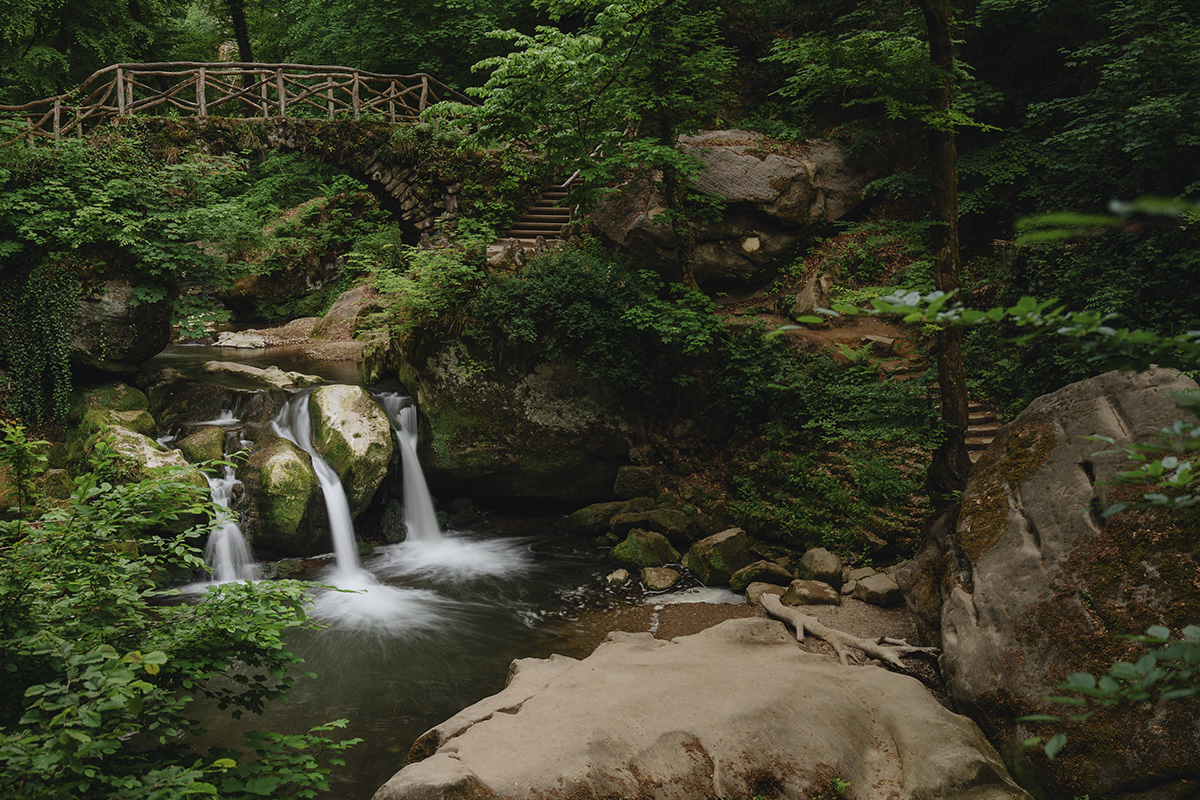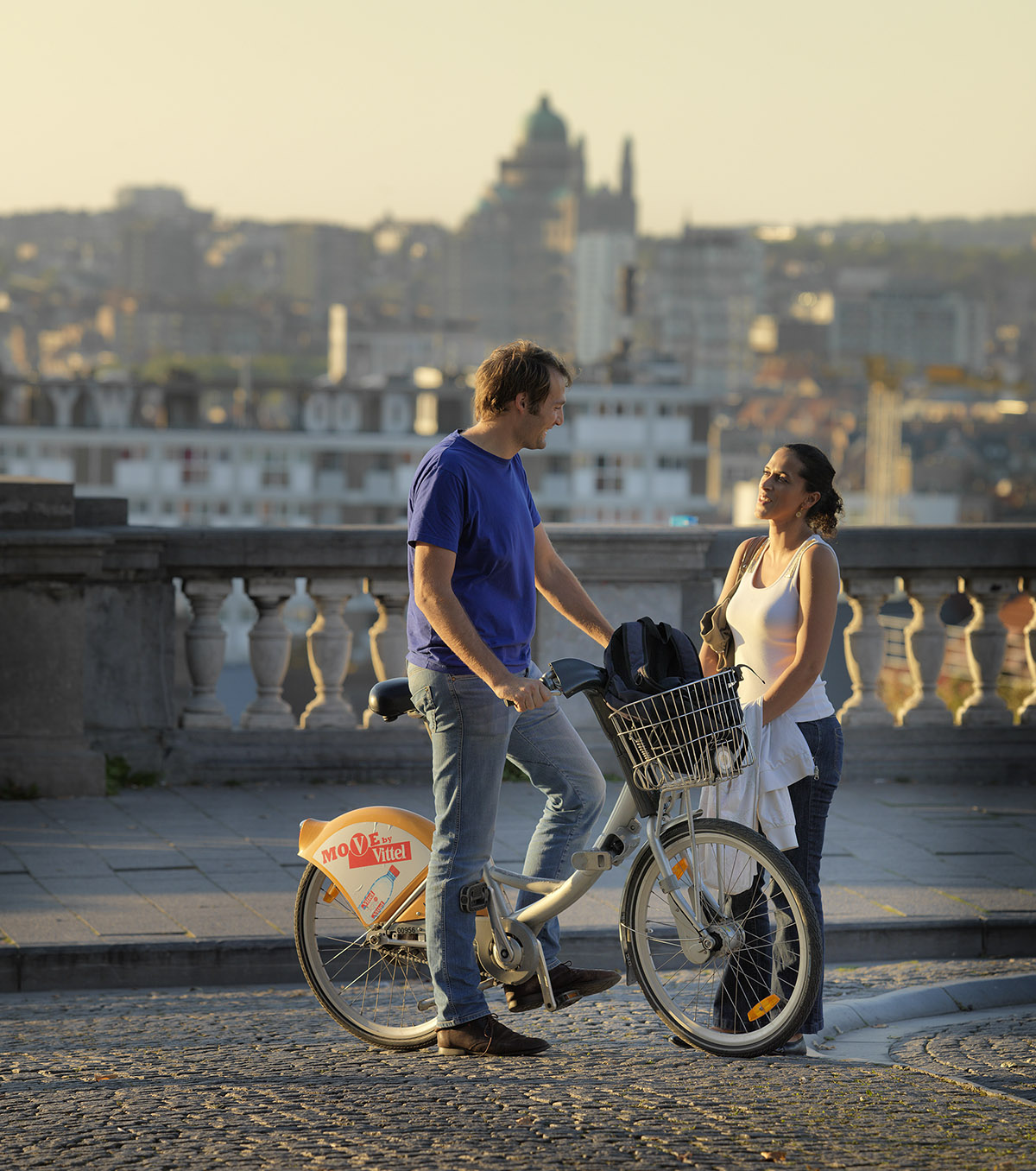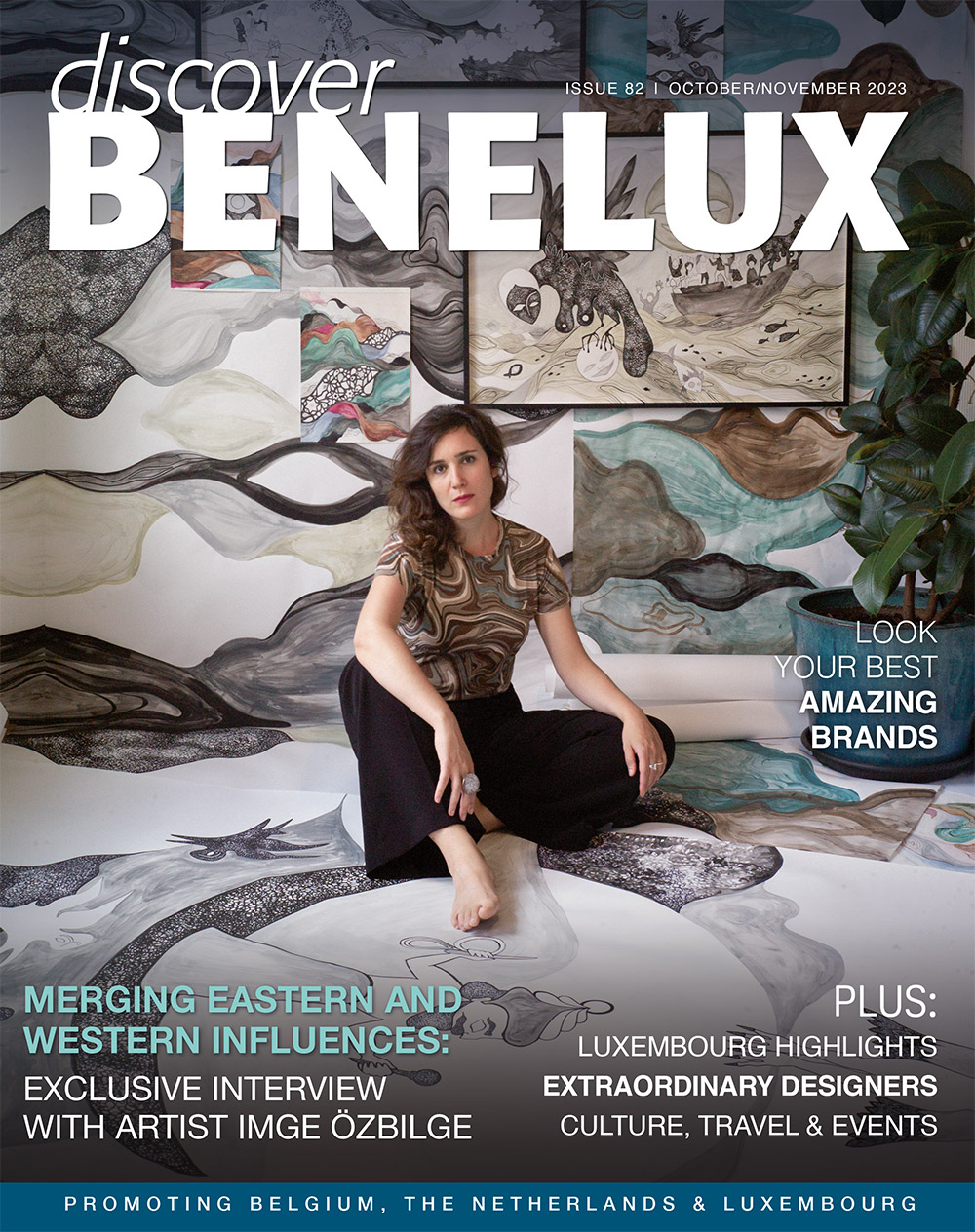Leeuwarden: ‘You never stop being a European Capital of Culture’
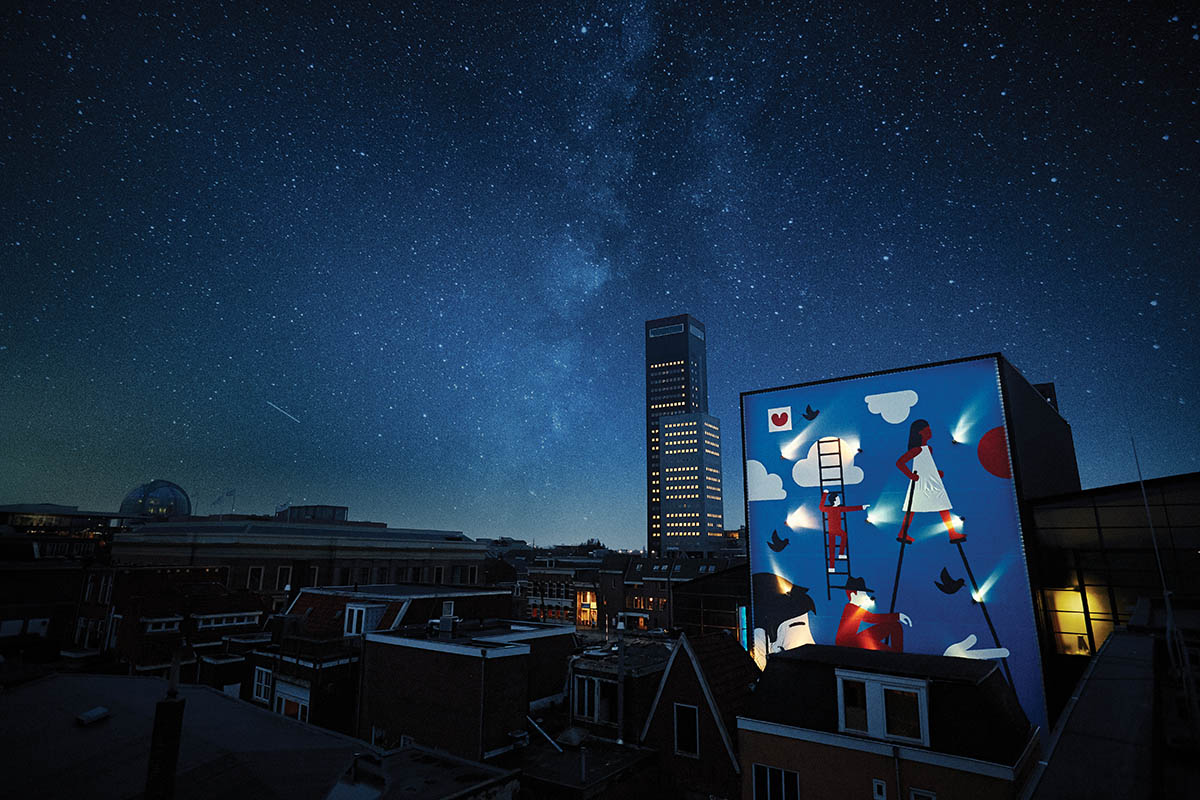
The province of Friesland, in the upper north corner of the Netherlands, is amongst the prettiest regions in the country. Its water-infused landscapes, pure coastline and breathtaking isles have been attracting tourists for decades. Last year, however, Leeuwarden put the region on the map as a cultural Walhalla when it became the European Capital of Culture. And the spirit of that festive year still lingers in the city’s streets.
TEXT: ARNE ADRIAENSSENS
Friesland has always received its fair share of tourists. The stunning Frisian Isles are the ideal spot for a brisk, windy stroll and the North Sea’s wild waves are a true sirens’ call to sailors who want to conquer the open sea. “The tourism we had was almost exclusively focused on the region’s unique natural beauty,” explains Sjoerd Feitsma, alderman of culture and marketing of Leeuwarden, the capital of the Northern-Dutch province. “But that changed in 2018 when our city became the European Capital of Culture.”

Blokhuispoort. Photo: IMAZZO
Art and biodiversity
Every year, the European Union grants one city the honour of being the cultural epicentre of the continent for a year. In 2018, the commission chose Leeuwarden (and with it, the entire province of Friesland) to inspire and amaze Europe. “At first, Leeuwarden might seem like an odd choice, as we are an intimate city of just over 120,000 citizens, but culture is strongly entangled in our Frisian DNA. Every year, Leeuwarden hosts plenty of festivals, featuring music, literature, performances, visual arts and much more. On top of that, the Frisian people strongly preserve the region’s folklore, traditions and crafts. This synergy between the modern city and its rich history gives Leeuwarden a unique and authentic atmosphere.”

The Giants. Photo: Marc de Fotograaf
Yet, the main reason for the European committee to opt for Leeuwarden as its cultural ambassador was the city’s thought-through and layered plan on how to give shape to that cultural year. Not only was it packed full of the best Frisian, Dutch, European and international cultural events, but it also had an interesting, socially engaged undertone. “One of the main themes of our programme was biodiversity. 120 years ago, the Netherlands had one of the most diverse biotopes of Europe. Today, you find our country at the other end of the spectrum, with those places in which biodiversity is the most endangered. By hosting such a big European project, we wanted to raise awareness for this problem and inspire people in all corners of Europe to help to change the tide. Because, like here in the Netherlands, many other biospheres in Europe are now jeopardised. And art and culture are a perfect medium to put these topics into the spotlight.”

The Giants. Photo: Marc de Fotograaf
11 fountains
Those who visit Leeuwarden and the beautiful region around it today will surely stumble upon plenty of tangible souvenirs of that year-long festival of culture. Most obvious are the 11 beautiful fountains which you can find in the 11 historic cities of the province. In the days of yore, these beautiful towns and their connection by streams and rivers were vital for the trade – and therefore the progression – of the region. By placing a fountain in each of these cities, they are once more connected through water. “The design of these 11 bubblers is made by 11 international artists who all belong to the top-three artists in their respective countries today. In front of Leeuwarden’s train station, the Spanish sculptor Jaume Plensa constructed Love, two giant statues of a couple, rooted in a sea of steam.”

11 Fountains. Photo: Wietze Landman
Triennale of Leeuwarden
Aside from these sculptures, the city also hosts plenty of cultural events. Most of these happenings are not new, though, but since last year, they have managed to attract a bigger audience and better artists. “November is the city’s traditional festival month. In the autumn weather, we host a film festival, a literature and music festival focusing on the north of the Netherlands and the North of Europe, and plenty of other heart-warming events. We even have a so-called ‘nuit blanche’: a night of art in the unlikeliest of places. Besides professional artists, we also invite art students to take the stage here. As a city, we want to give our youth with potential as many chances as we can.”

Photo: Lieuwe Terpstra
For the city’s biggest event, we will have to wait until 2022, when the first edition of the Triennale of Leeuwarden will be organised. This triannual event is designed to keep the spirit of the European Capital of Culture alive. During this big, multidisciplinary event, national and international talents will present their works around a common theme. “In 2022, that theme will be ‘life at the bottom of the sea’, with which we refer to the early days of Friesland and the Dutch polder culture which gave it its shape.” In 2028, the Triennale will be even bigger, to celebrate the tenth anniversary of Leeuwarden’s magical cultural year. “It is important to keep that cultural spirit alive in the city. Because once you are named a European Capital of Culture, you never stop being one. You carry that legacy forever.”

Photo: Marc de Fotograaf
Major conferences
Besides an amazing city for tourists, Leeuwarden is also a great location to host your event or conference. In the last few years, major events like the worldwide WTC conference and the ICAR summit about circular economy were organised in Leeuwarden. “Normally, big gatherings like these take place in major cities like London or New York. Yet, the big advantage of Leeuwarden is its walkable size. The activities take place in professional seminar halls, conference rooms and reception venues in all corners of the city but they are still in walking distance from each other. In between sessions, the participants can enjoy a relaxing walk to the venue of its next activity.” Combined with the multitude of great hotels around and the picture-perfect backdrop that is the old city, this unique quality makes Leeuwarden very popular among businesses and event planners.

Into the Grave. Photo: Bart Lindenhovius
On top of that, the university and research centres of Friesland have expertise galore in the respective fields of maritime technology, dairy and circularity. With its open sea, rural landscapes and strong will to preserve nature, these three fields are studied in both theory and practice here, making Friesland the front runner in all three of them. “During our time as the European Capital of Culture, we also made connections between these scientific fields and art, uplifting both disciplines. To us, they are not each other’s opposites but rather two strong ways to solve problems. In Friesland, science and culture go hand in hand, striving for their common goals.”

Writer’s Block Mural Art Festival. Photo: Simon van der Woude
Subscribe to Our Newsletter
Receive our monthly newsletter by email
